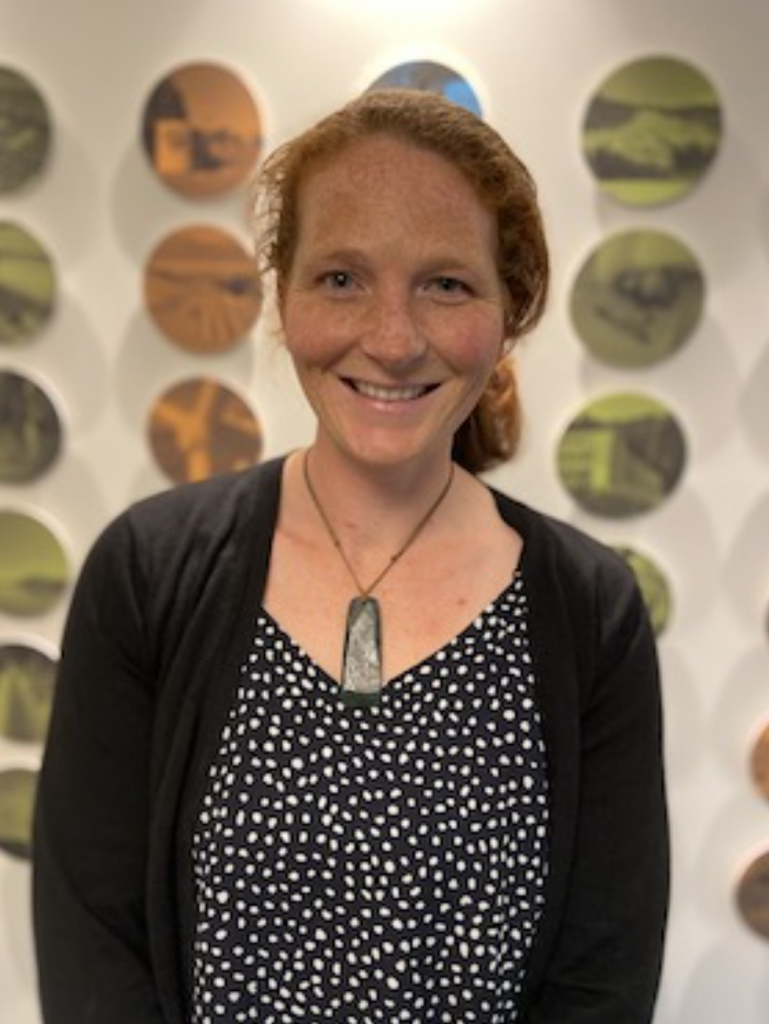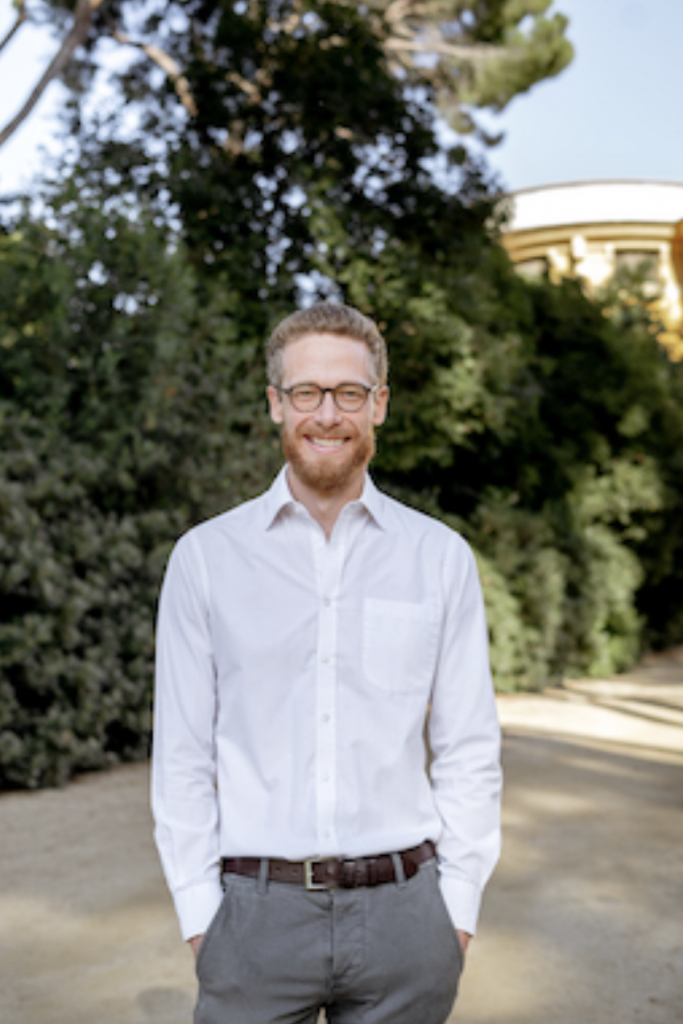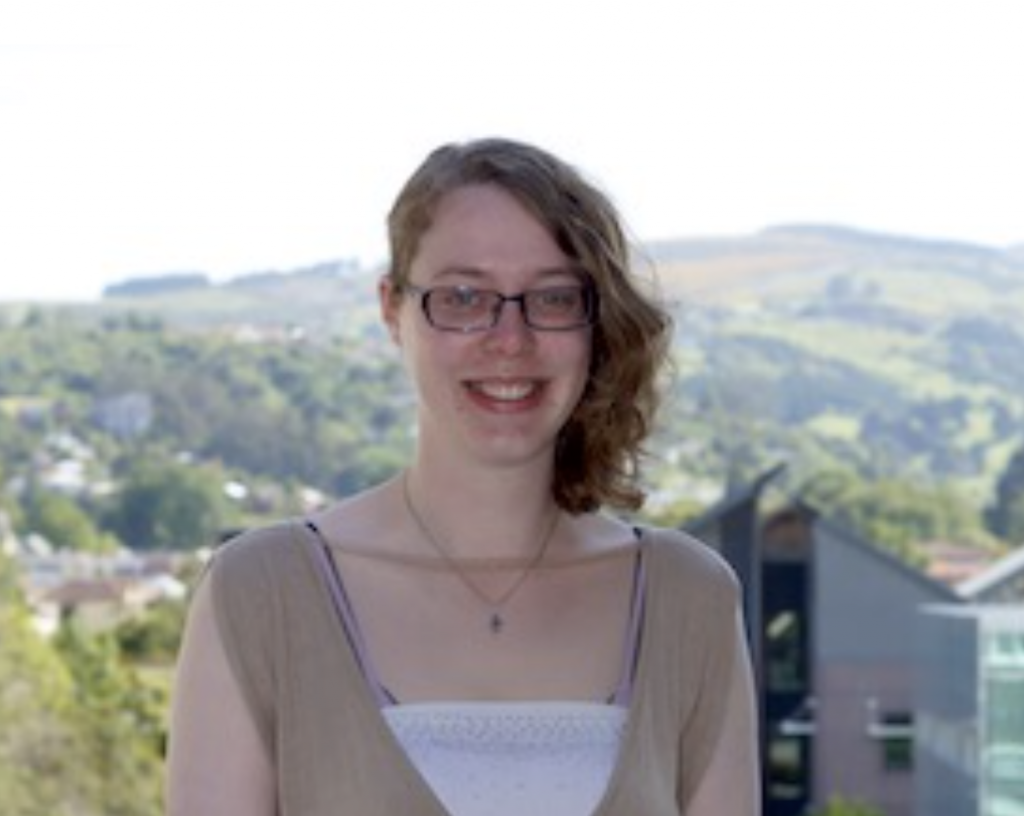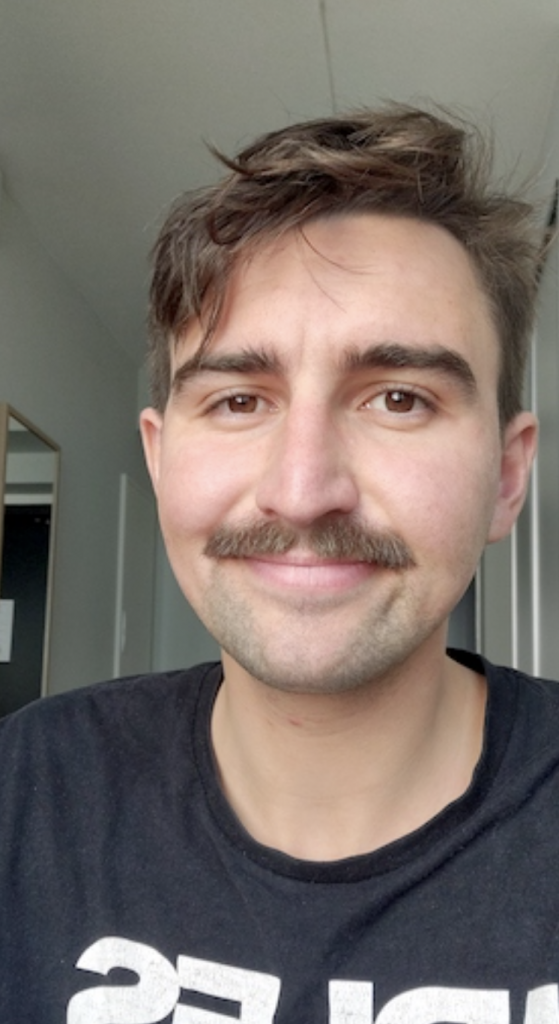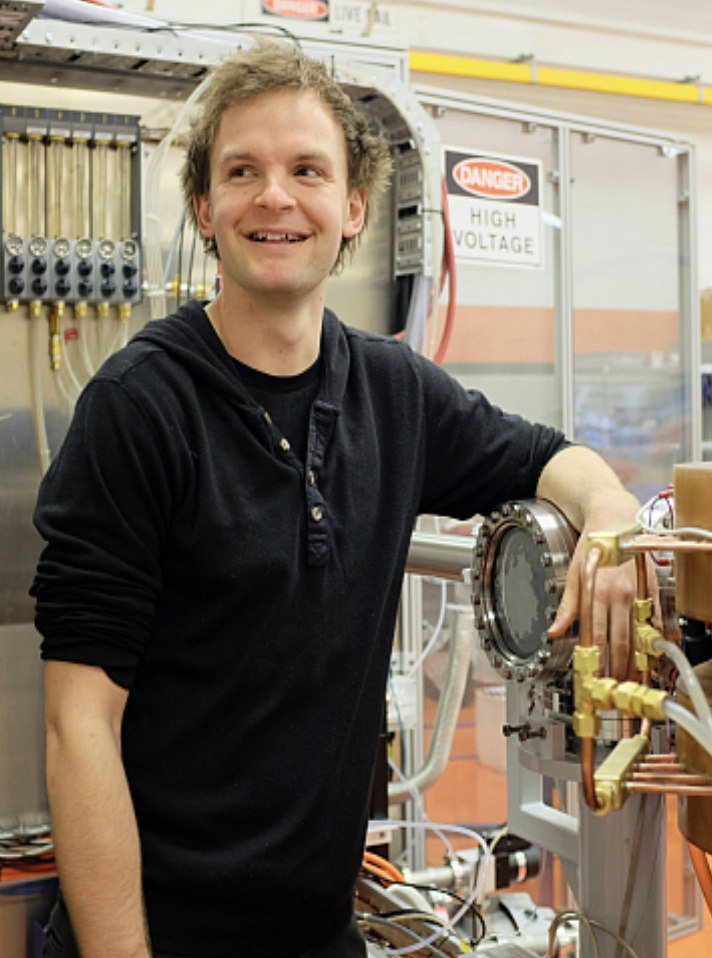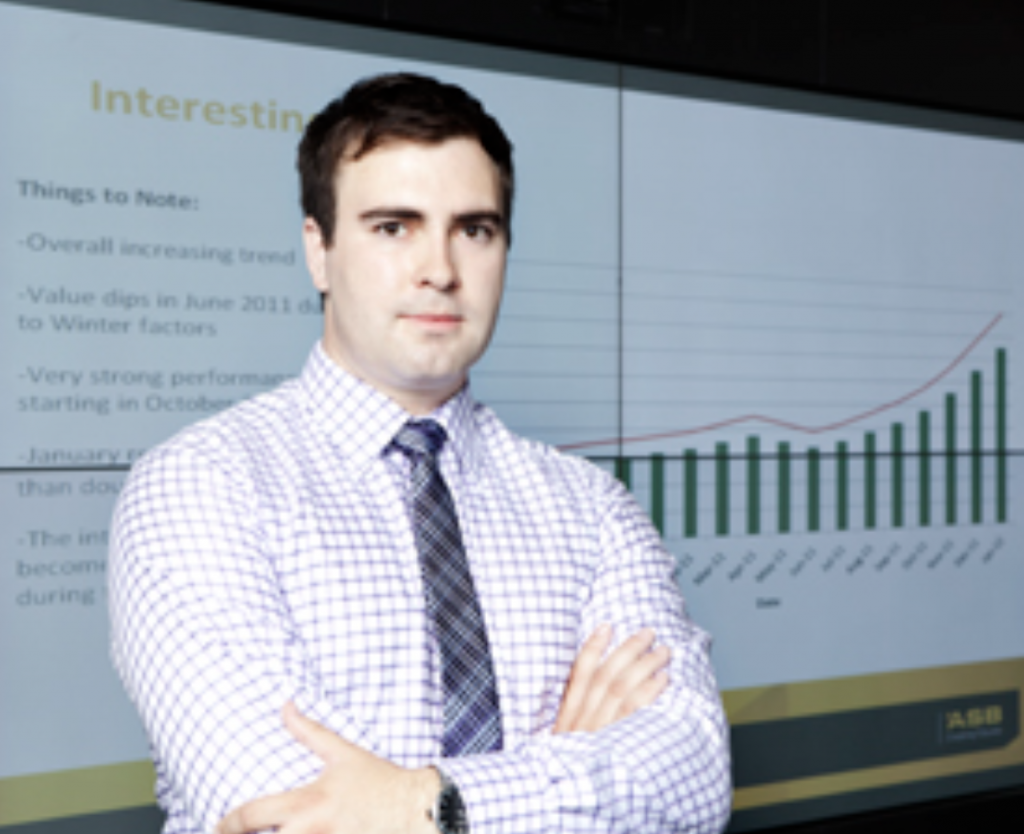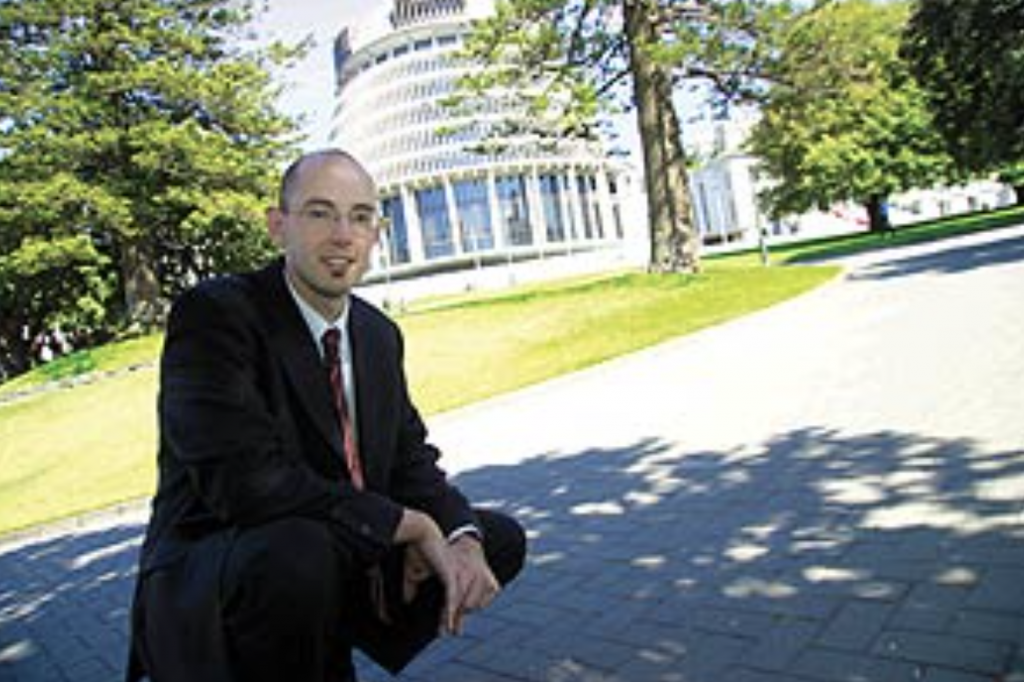BSc(Hons 1) University of Otago, PhD Australian National University
Optical engineer, Baraja Pty Ltd

I chose to study at Otago because it was one of the top 2 universities in New Zealand with a very strong research presence. Knowing that I would likely to do a postgraduate degree in the future at the time, I wanted to study in a university with strong science research facilities and support. I also really liked the idea of having a campus that is centralised geographically, forming a strong sense of community. As I was the dux of my high school, the University of Otago Dux Scholarship was perhaps the deciding factor for me.
I have always liked science and maths from a young age. I had a very inspiring Physics teacher at high school which motivated me to learn more about the world in the sense of how things work and the mysteries of the universe, and in particular, quantum Physics, which was only taught through a Physics degree (in contrast to an engineering degree).
